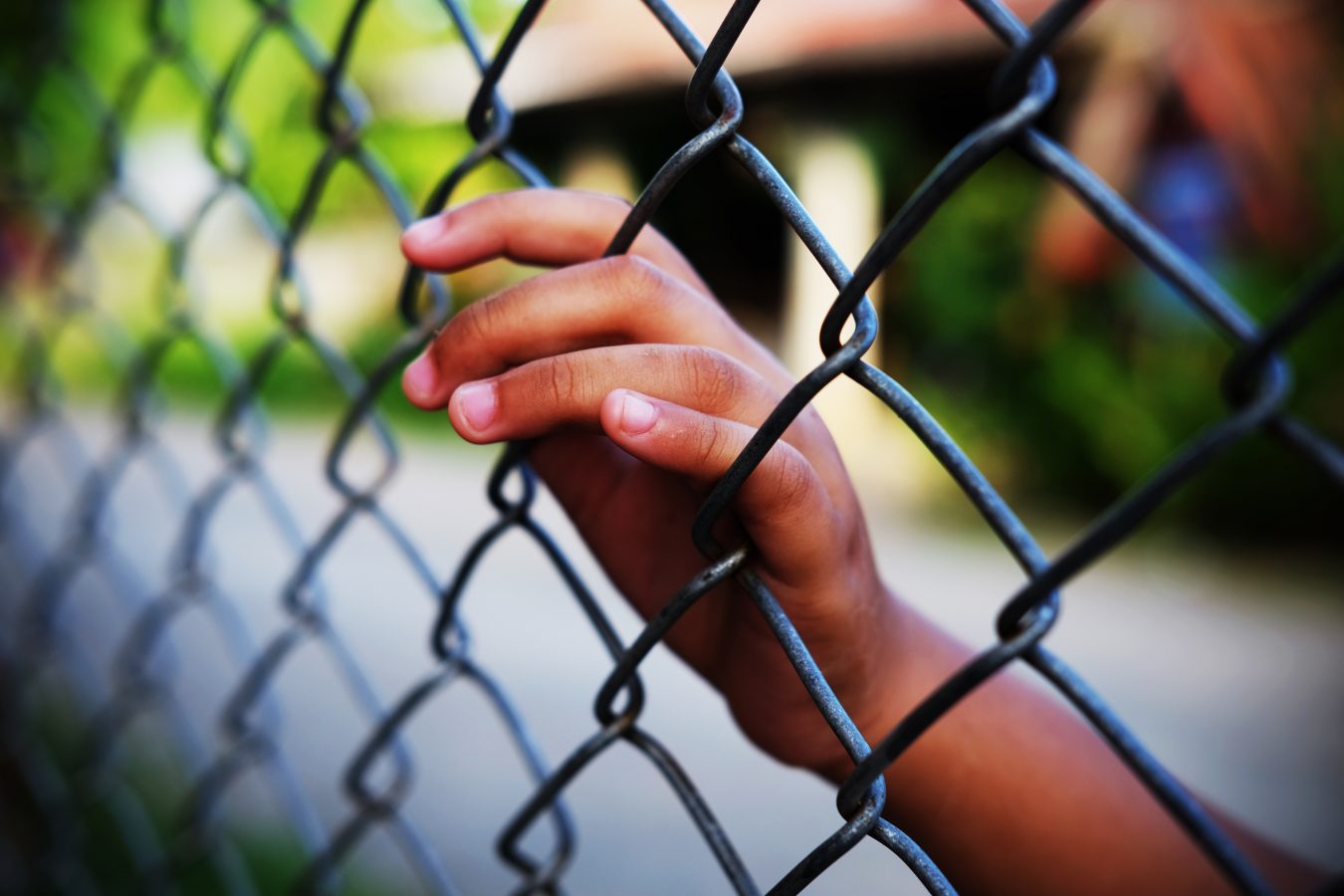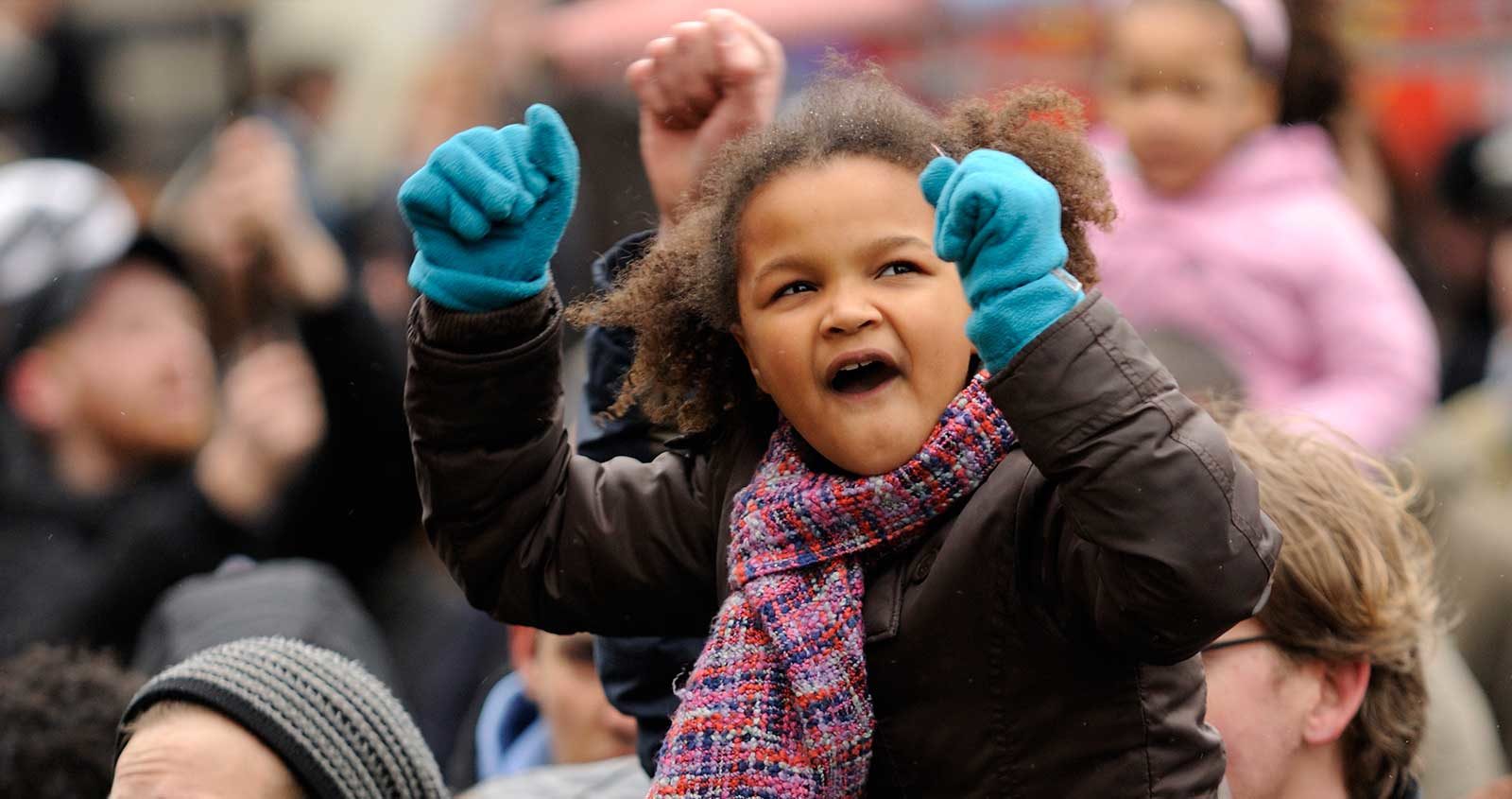Why this guide?
Inclusive language ensures we don’t leave people out of our conversations or our work by acknowledging the diversity of people we work with and advocate for. This guide provides information about how to use inclusive language and ensure your events are accessible and inclusive for everyone.
Why is inclusive language important?
Inclusive language provides a more accurate view of people as it reflects our diversity and the intersecting characteristics that make us who we are. Inclusive and respectful language acknowledges peoples’ preferences to identify with a particular community or characteristic.
What’s inside?
The guide includes examples and advice around inclusive language and events relating to:
- Gender, sex and sexuality
- Aboriginal and Torres Strait Islander people
- Cultural and linguistic diversity
- Disability and accessibility
- Delivering inclusive events


